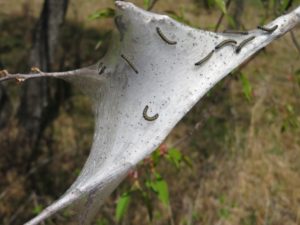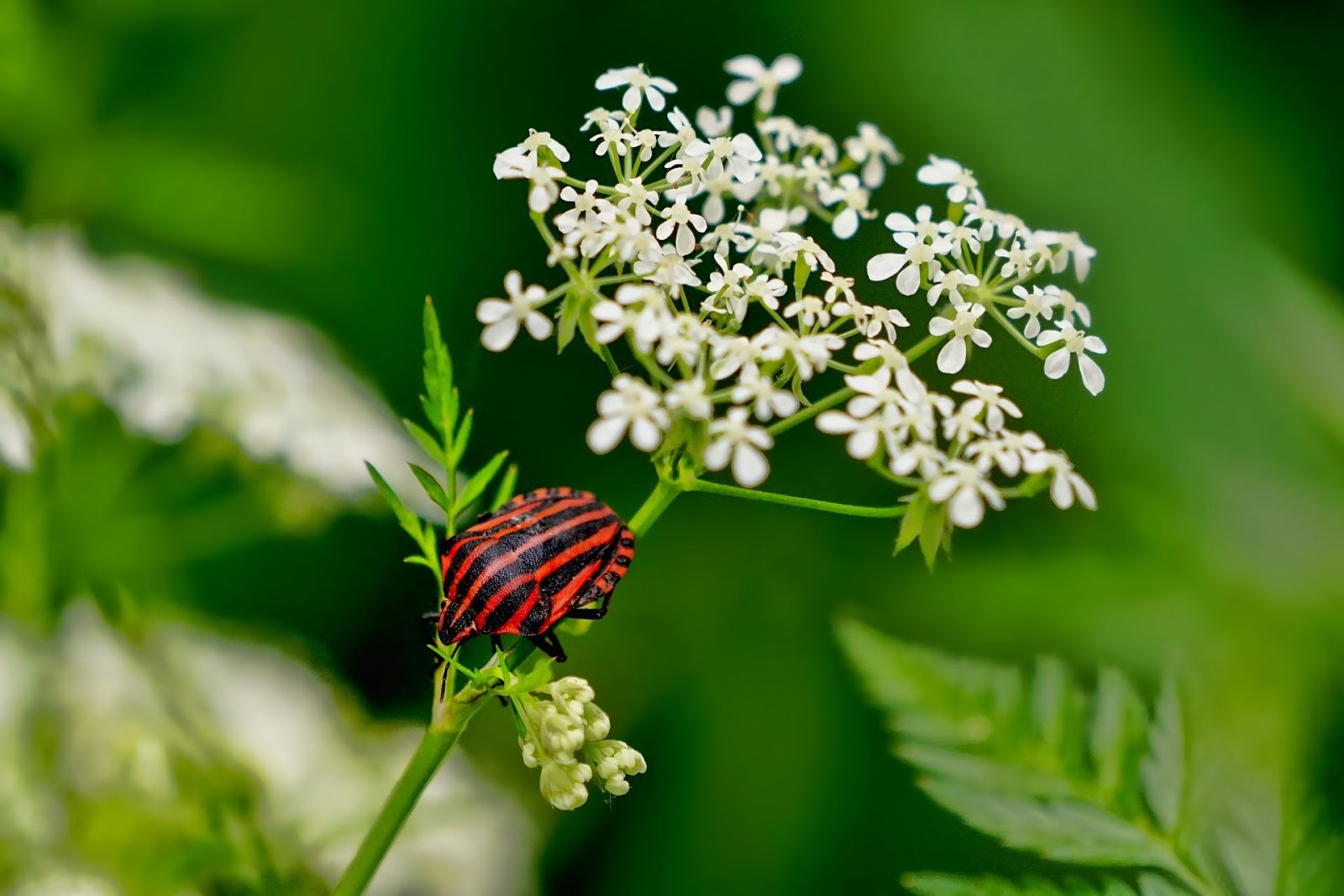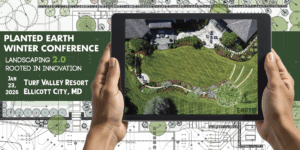Written by Kyle Hiteshew
What is Integrated Pest Management?
Integrated Pest Management (IMP) is an eco-system based strategy that focuses on long-term prevention of pests and their damage, through a variety of methods, such as biological controls, habitat manipulation, changing cultural practices and the use of resistant varieties of plants. Chemical controls are carried out in the form of applications, performed only by a certified technician. Pesticides are used after careful monitoring indicates that they are needed in addition to other methods, and applications are made with the goal of removing only the target organism. By being informed about IPM and working with a company that has IPM programs in place, you can greatly reduce the risk of undesirable pests on your property.

What are pests?
Put simply, pests are organisms that damage with desirable plants in landscapes. They can also cause damage to homes or other structures. Pests can include organisms that negatively impact the health of humans and animals. They may transmit harmful diseases or simply be a nuisance on your property. Examples of pests include plants (weeds, invasive plants, or other undesirable plants), vertebrates (birds, rodents, or other mammals), invertebrates (insects, ticks, mites, snails, etc.), and nematodes or pathogens (bacteria, viruses, or fungus that cause diseases). See figure 1. Any unwanted organism that may harm water quality, animal life, or other parts of an ecosystem are considered pests.
The most effective, long-term way to manage pests in by using a combination of methods. By utilizing a variety of methods, you will be able to implement your IPM program in the safest, most effective way possible. While each situation differs from the next, every IPM program typically contains six major components. They are as follows:
1. Pest identification
2. Monitoring and assessing pest numbers and damage
3. Predetermined tolerable thresholds for when action should be taken to reduce level of pests
4. Preventing pest problems
5. Implementing a combination of biological, cultural, physical/mechanical, and chemical management tools
6. After actions are taken, assessing effects of pest management
IPM Controls
Biological Controls
Biological controls are the use of natural enemies of the pests. Examples of these are natural predators, parasites, pathogens, and competitors.
Cultural Controls
Cultural controls are practices that reduce pest establishment, reproduction, dispersal, and survival. An example of a cultural control could be the proper implementation of irrigation systems to ensure the desired area is not too dry, nor oversaturated, which can increase the risk of root disease, increased insect population, and weed growth.
Mechanical and physical controls

Mechanical and physical controls kill or eliminate pests directly, block pests from entering a protected area, or creates an unsuitable environment for pests. Physical controls include mulch for weed management and barriers or screening to keep deer, birds, and insects out. Planted Earth utilizes deer screening to bar entry and feeding in specified areas. See Figure 2.
Chemical Controls
Chemical controls are the use of pesticides. In most IPM programs, pesticide applications are used when needed and in combination with other methods, in order to provide more effective, long-term control. Planted Earth works with IPM professionals to safeguard clients’ properties against damaging pests and diseases. Pesticides are always selected and applied in order to minimize possible harm to people, non-target organisms, and the environment. The goal is to use the most selective pesticide possible that will target only the specified pest and be as safe as possible for other organisms.
Taking the stress out of your landscapes
The good news is that there are a variety of methods to successfully combat pests. Planted Earth utilizes a variety of methods to reduce pests and the damage they cause to your property. Examples of methods that we use include proper irrigation control, pulling of weeds, mulching of garden beds to suppress weed growth, spraying of organic deer repellent, installation of deer screening, and pesticide application through a professional IPM company. By having a company that cares about and manages the health of your plants and gardens, you can enjoy the beauty and tranquility of your landscapes without the headache, uncertainty, and worry of managing pests and diseases.




